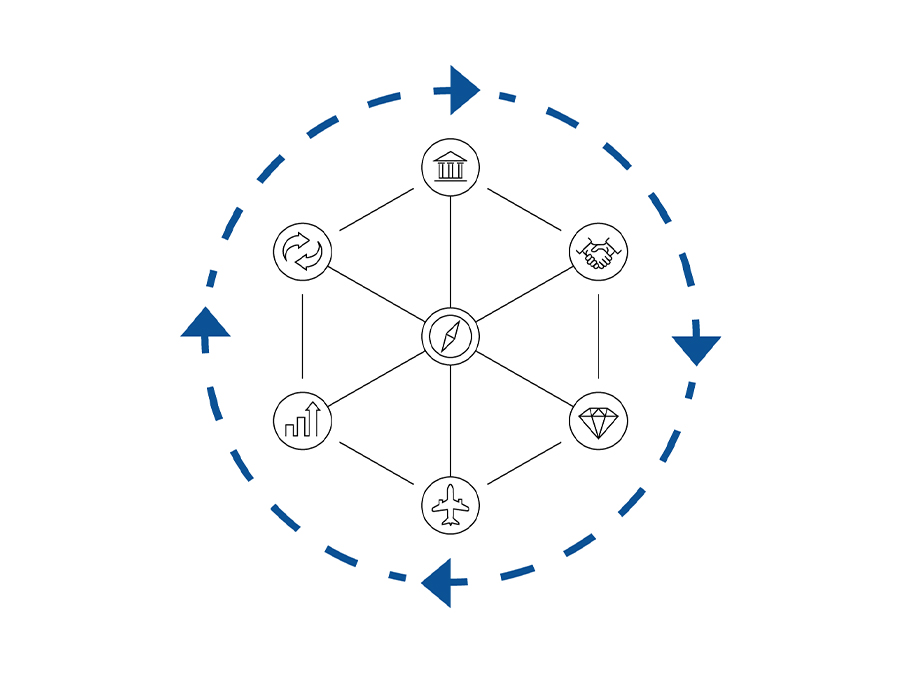Estate planning is a crucial process that involves making important decisions about how your assets will be managed, distributed, and protected after your passing. While it might be tempting to view it as a one-time task, the reality is that estate planning is a dynamic, ongoing, and adaptable process. Here’s why:
- Life Changes: Life is unpredictable, and your circumstances can change over time. Events like marriage, divorce, birth of children or grandchildren, deaths in the family, changes in financial status, and more can significantly impact your estate plan. Regularly reviewing and updating your plan helps ensure that it accurately reflects your current wishes and situation.
- Legal and Tax Changes: Laws and regulations related to estate planning, taxes, and inheritance can evolve. Staying informed about these changes is essential to ensure your plan remains compliant and effective in achieving your goals. What might have been a sound strategy a few years ago could become less optimal or even counterproductive due to legal or tax amendments.
- Asset Accumulation: As you accumulate assets or change your investment portfolio, your estate plan might need adjustments to accommodate these changes. New assets, properties, or business ventures may require specific strategies for effective management and distribution among beneficiaries.
- Beneficiary Changes: People’s circumstances and relationships can change. Beneficiaries might pass away, relationships might evolve, or new people may come into your life who you wish to include in your estate plan. It’s essential to ensure that the individuals you want to benefit from your estate are accurately reflected in your plan.
- Healthcare Considerations: Estate planning doesn’t just encompass financial matters. It can also involve decisions about healthcare directives, powers of attorney, and living wills. Your preferences for medical treatment and end-of-life care may change over time, and your estate plan should reflect those changes.
- Family Dynamics: Family dynamics can be complex and subject to change. Regular communication with family members can help ensure that your estate plan is well understood and reduce the likelihood of disputes or confusion down the line.
- Charitable Intentions: If you have charitable intentions or philanthropic goals, your estate plan can reflect these desires. Over time, your philanthropic interests might shift, and your plan should be adjusted accordingly.
- Executor and Trustee Considerations: The individuals you choose to handle your estate matters might not be available or suitable as time goes on. Reviewing and potentially updating your choices for executors, trustees, and guardians is crucial.
Given these reasons, it’s clear that estate planning should be an ongoing process rather than a one-time event. Regularly reviewing your plan, ideally with the guidance of legal and financial professionals, can help ensure that your wishes are accurately represented, your assets are protected, and your loved ones are provided for as intended.




